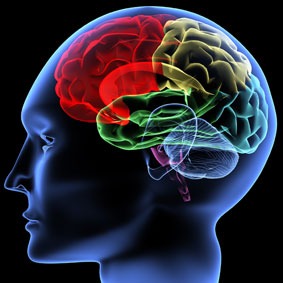 Chronic subthalamic deep brain stimulation (DBS) is associated with a decreased risk for recurrent falls and delays the onset of psychosis in patients with Parkinson’s disease. However, DBS did not affect the development of dementia and had no influence as to when a person had to be placed in a nursing home. These are the results of a comparative long-term observational study conducted at Innsbruck Medical University on the long-term effects of DBS and presented at the Congress of the European Academy of Neurology (EAN 2018; 16–19 June, Lisbon, Portugal).
Chronic subthalamic deep brain stimulation (DBS) is associated with a decreased risk for recurrent falls and delays the onset of psychosis in patients with Parkinson’s disease. However, DBS did not affect the development of dementia and had no influence as to when a person had to be placed in a nursing home. These are the results of a comparative long-term observational study conducted at Innsbruck Medical University on the long-term effects of DBS and presented at the Congress of the European Academy of Neurology (EAN 2018; 16–19 June, Lisbon, Portugal).
Philipp Mahlknecht (Innsbruck) explained: “DBS was associated with a decreased risk for recurrent falls in our cohort of Parkinson’s disease patients under long-term subthalamic stimulation when compared with patients under conservative treatments. The onset of psychotic symptoms was also found to be delayed through this treatment.” However, DBS had no effect on the long-term evolution of dementia. There was also no evidence that Parkinson’s patients treated with DBS were placed in nursing homes later than or live longer than those who did not undergo this treatment.
DBS is regarded as the second therapeutic breakthrough in Parkinson’s therapy after the LDOPA drug therapy. It involves placing electrodes in certain areas of the brain that are connected to a stimulator implanted subcutaneously in the thoracic or abdominal area through a neurosurgical procedure. The system, often referred to as “brain pacemaker”, generates and delivers electrical impulses that change the function of stimulated sections of the brain. The beneficial effects of subthalamic DBS on motor functioning in patients with Parkinson’s disease has been shown in numerous well-designed, randomized controlled trials. However, the effects of the procedure on other key disease milestones in the longterm course of Parkinson’s have not fully been evaluated in a controlled manner. In this new long-term observational study, more than 50 patients who had been treated with chronic subthalamic deep brain stimulation were compared to more than 50 Parkinson’s patients who had not undergone this treatment.













